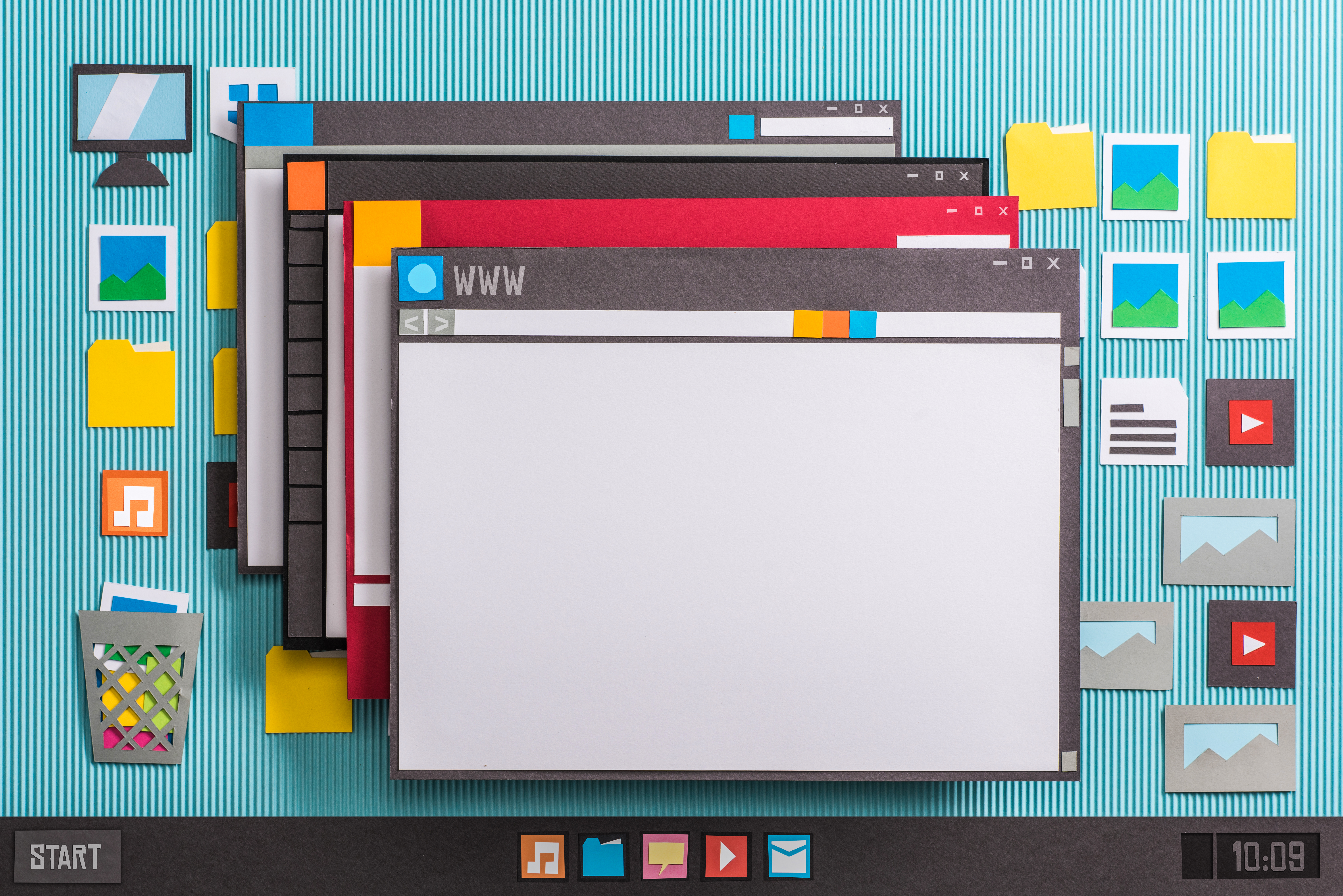Some of the best security you can get for your computer is common sense. Phishing seems to be the most likely culprit of a security violation these days, with hundreds of emails trying to trick you into logging into a fake site with your real bank information or other personal data.
If you ever suspect that one of those messages might be real – don’t click the link. Open your browser and type in the URL you know is correct for the bank, or ebay, or PayPal or wherever the scam happens to be. One after you typed in the URL should you enter you username and password.
Beyond protecting yourself with common sense, here are 9 apps that will help make your computing experience more secure through encryption, anonymity, creating barriers or just helping to actively watch for bad stuff on your PC.
ClamWin Free Antivirus – One key to keeping your system secure is a good antivirus program. ClamWin does a great job for free and integrates with Outlook. Also runs from a USB drive, so you can take antivirus anywhere.
Microsoft Baseline Security Analyzer – Scan your system for potential security issues, like missing passwords, insecure ports, and other common misconfigurations. This tool will help you find the holes in your current security.
Quicky Password Generator – Automatically generate complex passwords to help secure your user logins. Using your pets name just won’t cut it. Supports passwords up to 20 characters.
RoboForm – Password manager with encrypted password storage and automatic login. You can put it on a keychain drive and take your passwords anywhere using RoboForm2Go. It also includes a password generator feature similar to Quicky Password Generator mentioned above.
Tor – Anonymize your Web browsing, publishing, instant message conversations, SSH connections and anything else you do over an Internet connection while still being able to authenticate.
TrueCrypt – Creates virtual encrypted disks mountable in Win XP or Win 2000. The encrypted partitions may be stored on either hard disk or flash memory card, creating the option for transporting data safely when traveling.
Windows Defender – No single anti-spyware app catches everything, but Microsoft’s Windows Defender is by far the best from my experience.
WinSCP – if you need to upload anything via FTP, use a secure connection. WinSCP uploads files using secure FTP or SCP and keeps your data (including username and password) from being picked up by a snooper.
ZoneAlarm – Free firewall and access control for securing your computer. Prevents applications from accessing the Internet without your permission and prevents unwanted access from outside. A good firewall is a must when you have a DSL or cable Internet connection.




